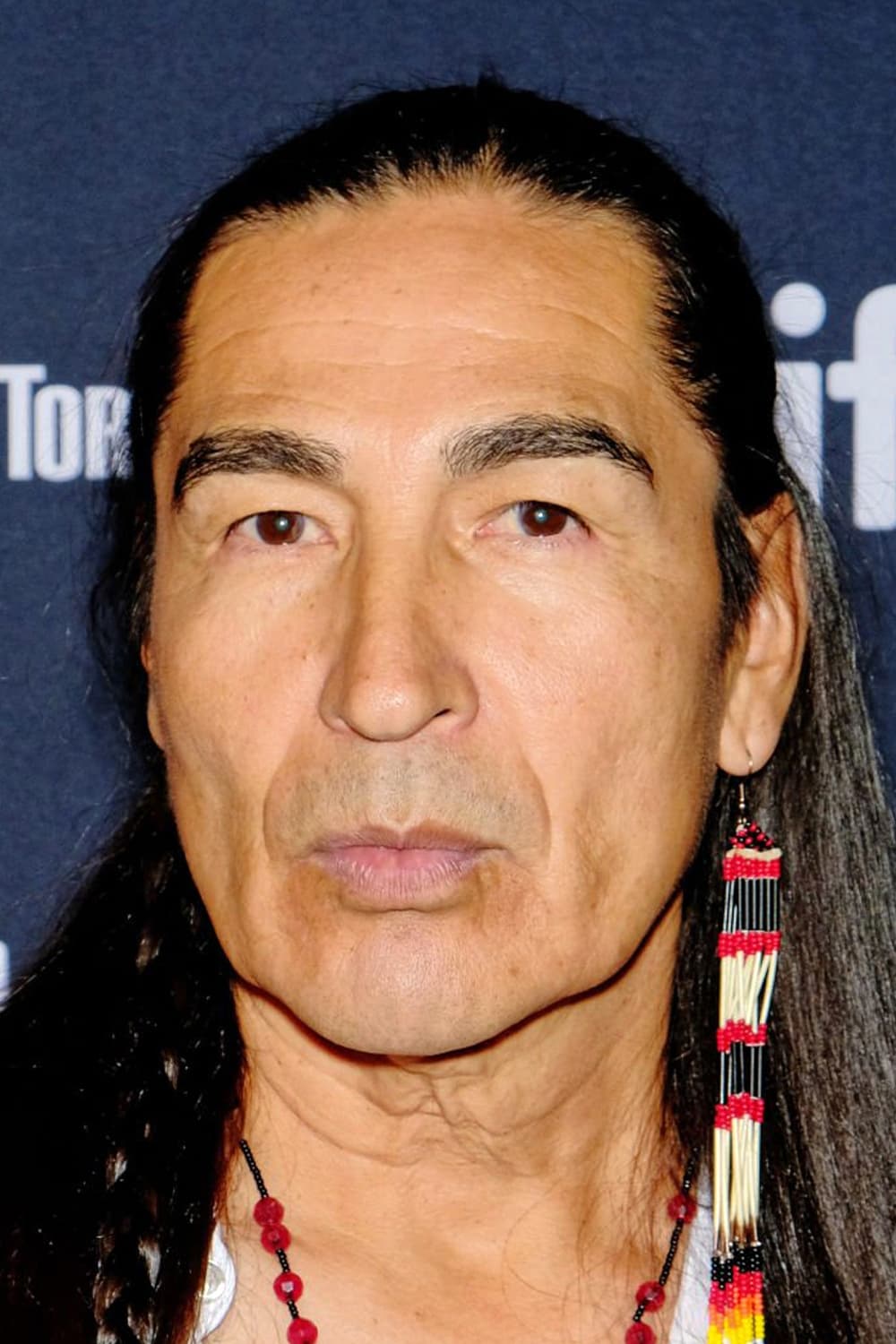
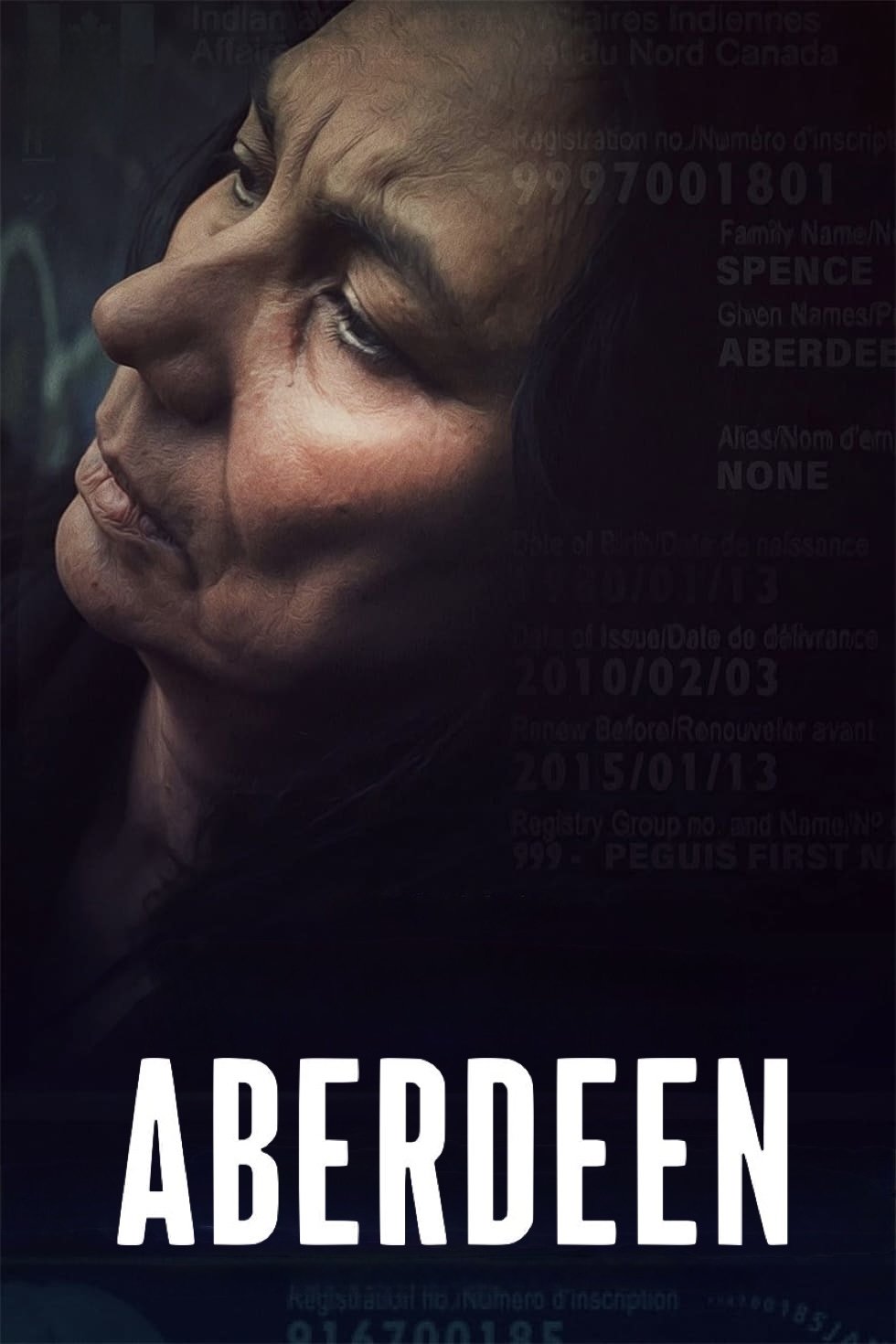
An idyllic childhood with her mooshum and kookum, or grandparents, in her community of Peguis First Nation dissipates as Aberdeen’s hard-partying and absentee parents distances her from that haven. Now an adult, sleeping on public benches, Winnipeg-based Aberdeen is in survival mode. The last remaining stable parts of her life begin slipping away — her reliable brother Boyd is ill and gives up Aberdeen’s grandkids to the foster care system. Then she loses her ID.
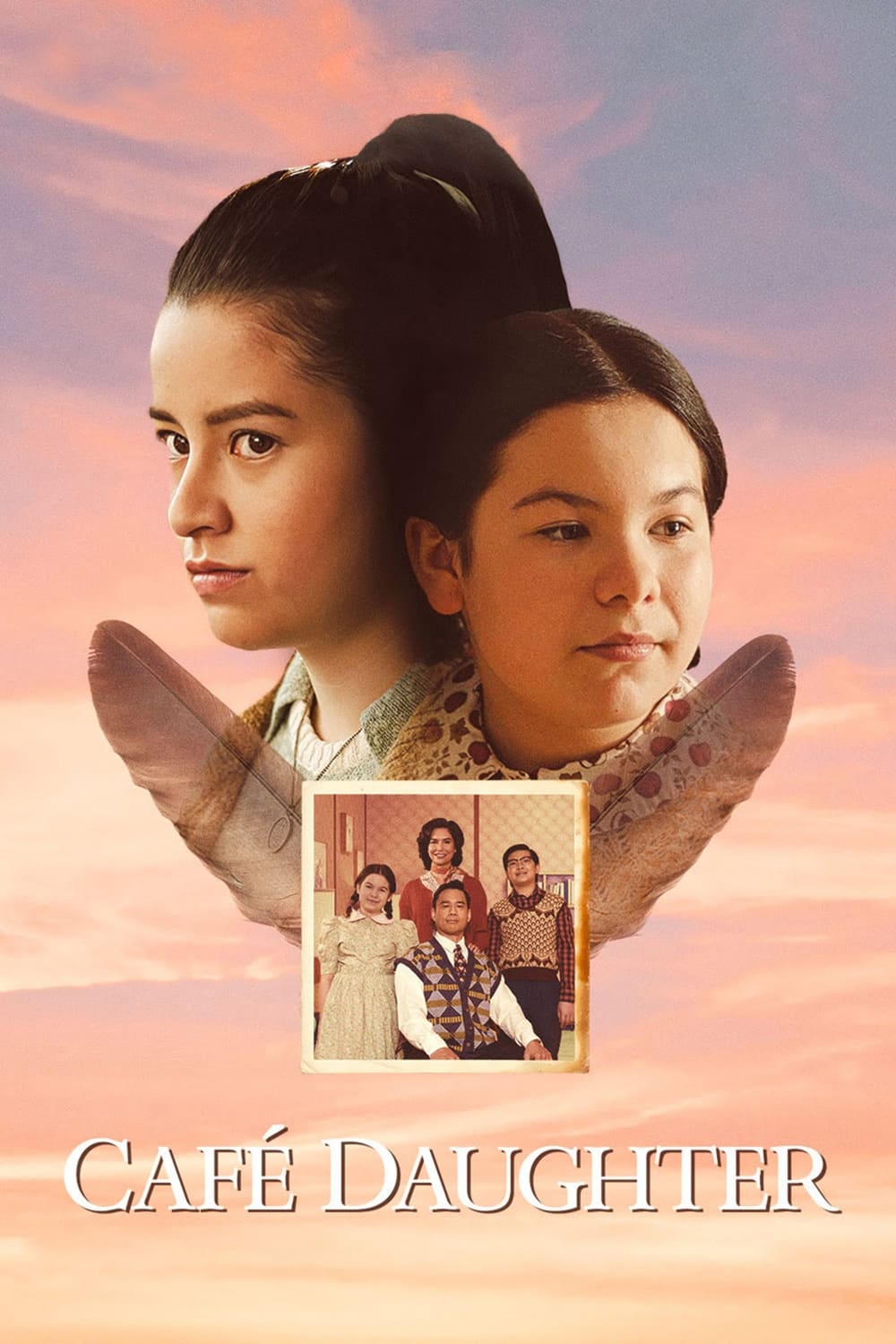
In a small Saskatchewan town in the 1960s, Yvette Wong, a young girl of Chinese and Cree heritage, struggles with her Indigenous identity amidst family tragedy in this coming-of-age film directed by Mohawk artist and filmmaker Shelley Niro. Yvette’s mother, Katherine, discourages her from embracing her Cree identity, so she explores it in secret. As she learns more about herself and her Indigenous heritage, Yvette finds a friend in Maggie Wolf, who embraces being part Mi’kmaq and encourages Yvette to be proud of being Cree. When her classmates learn about her Cree ancestry, Yvette encounters the realities of being Indigenous, facing prejudice with pride and holding fast to her dream of becoming a doctor. Café Daughter is inspired by true events and based on Kenneth T. Williams’ play of the same name.

Set within the fluidity of time, touch, realism and reverie. Some may call this magic realism. Based within Indigenous knowledge and way of life, this story allows two people to heal, through touch, calm, love and patience in a fantastical space that leaves the audience dreamlike and yet it is dangerous and violent, there is love.
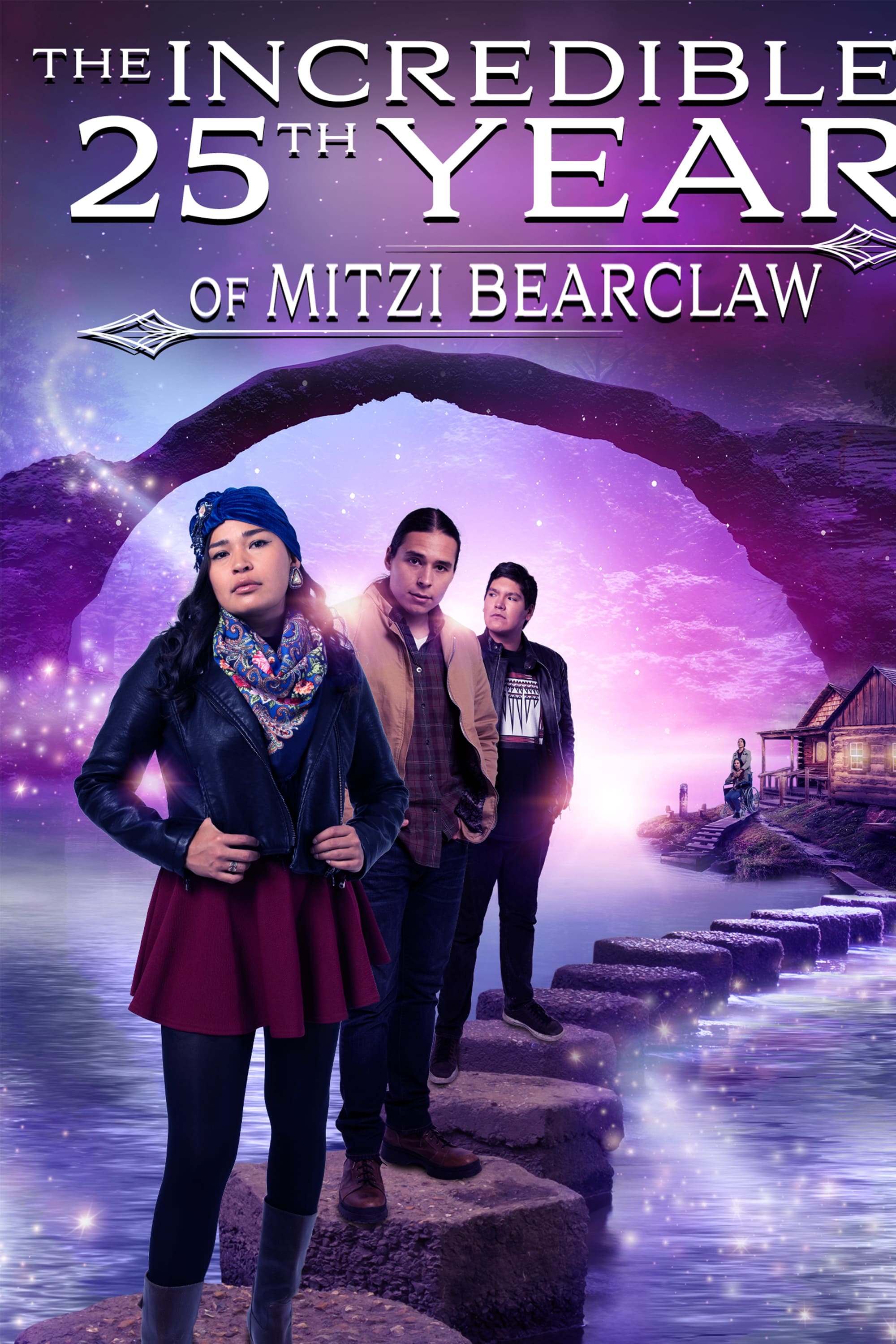
As MITZI BEARCLAW turns 25 years-old, she is faced with a tragic decision – stay in the big city to pursue her dream of designing hats or leave her boyfriend and return home to her isolated reserve to help care for her sick mother. Loyal to her family, Mitzi reluctantly returns to Owl Island to find that not much has changed. Her confidence and modern style clash with the sleepy, slow-paced island; the bullies are the same; the handsome HONEYBOY is still running the water taxi; and ANNABELLE, Mitzi’s mother is still as bitter and unloving as ever. She’s also reunited with her spiritual friends, FAITH, HOPE, and CHARITY who guide her as she navigates a year of anger, loss and love. Mitzi is soon surprised to find comfort in being home and starts to question her destiny.
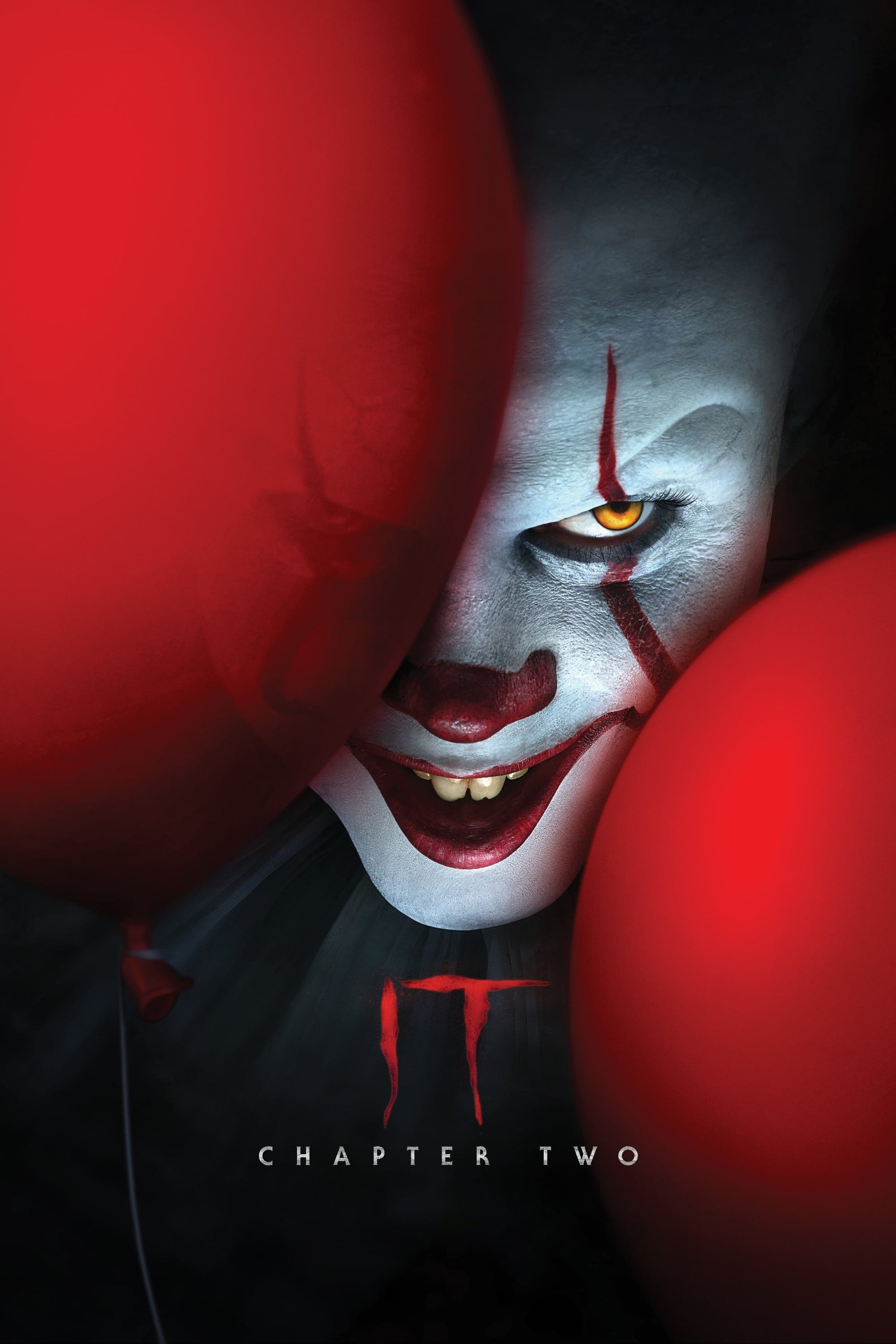
27 years after overcoming the malevolent supernatural entity Pennywise, the former members of the Losers' Club, who have grown up and moved away from Derry, are brought back together by a devastating phone call.
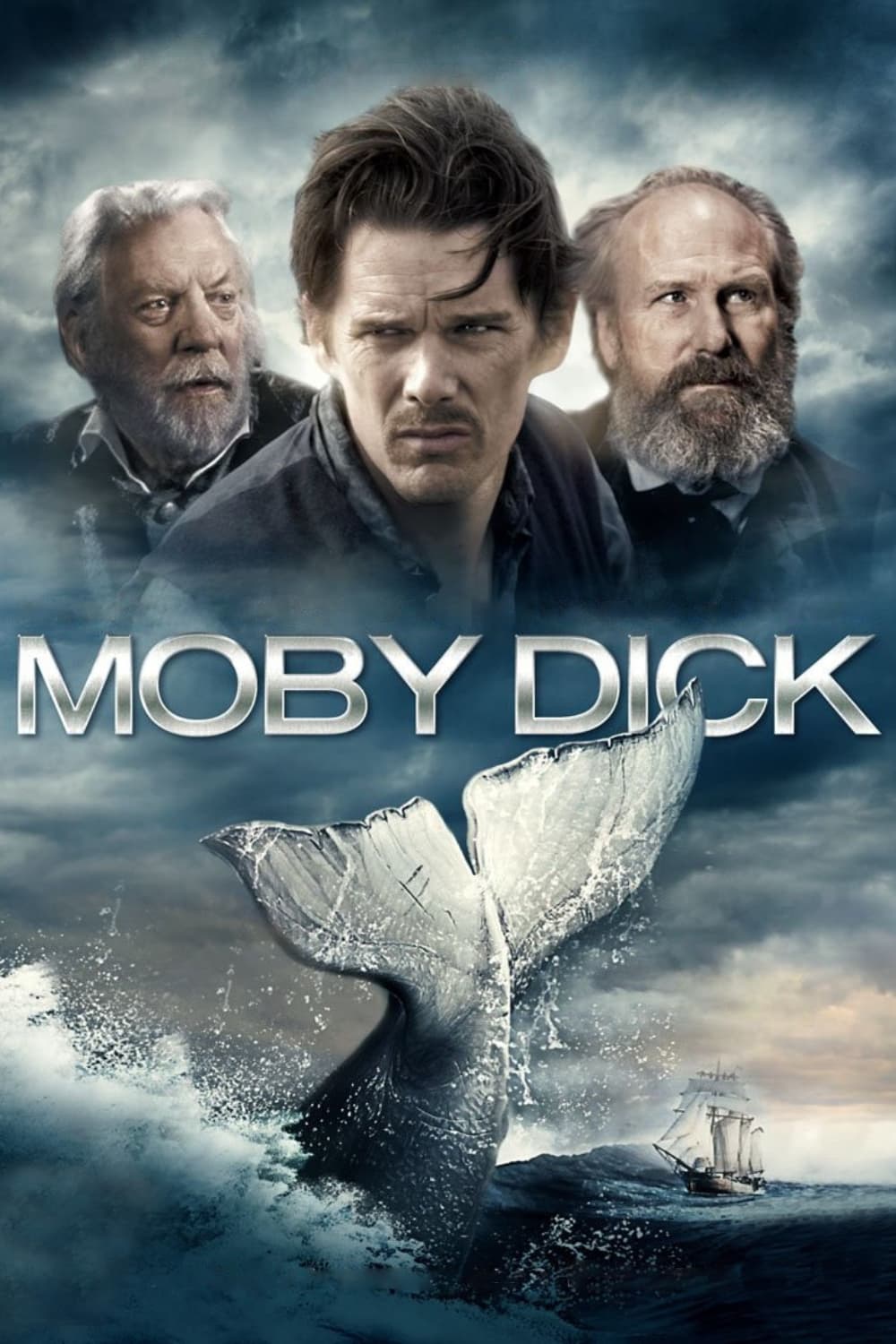
The sole survivor of a lost whaling ship relates the tale of his captain's self-destructive obsession to hunt the white whale, Moby Dick.
A widowed Ukrainian plumber and a widowed Cree waitress fall madly in love resulting in a riotous fireworks display of conflicts with friends and family.
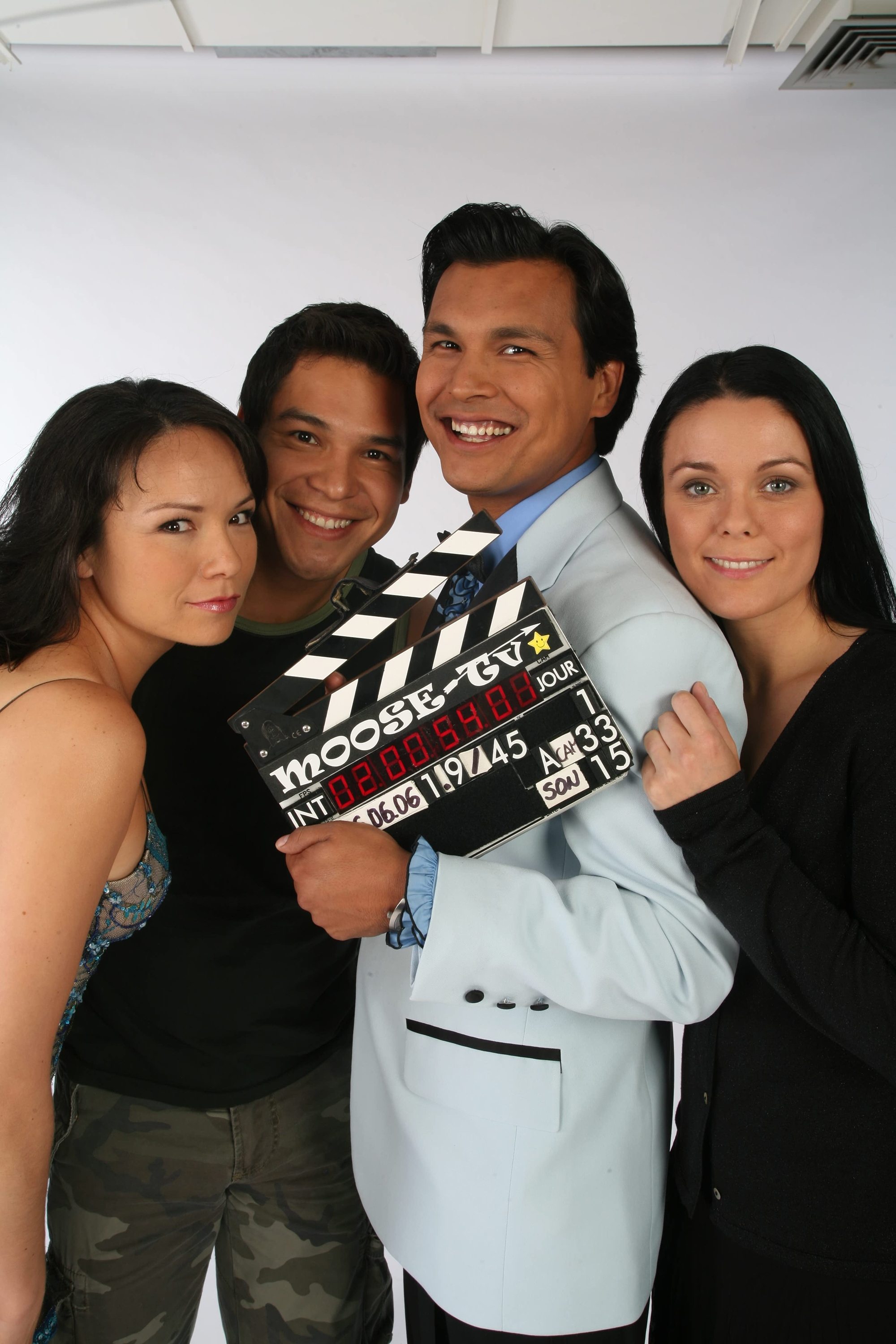
Moose TV is a Canadian television sitcom, airing on Showcase in the 2007-08 television season. The show stars Adam Beach as George Keeshig, a Cree from the fictional community of Moose in northern Quebec, who returns home after a decade living in Toronto to become manager of the local community television station. The cast also includes Gary Farmer, Jennifer Podemski, Nathaniel Arcand, Michelle Latimer, Diane Flacks and Billy Merasty. The show's head writer is Paul Quarrington. The series was directed by Tim Southam. Produced by Rezolution Pictures for the Showcase network in Canada, the series received the Indie Award for Best Comedy Series from the Canadian Film and Television Producers Association in 2008.
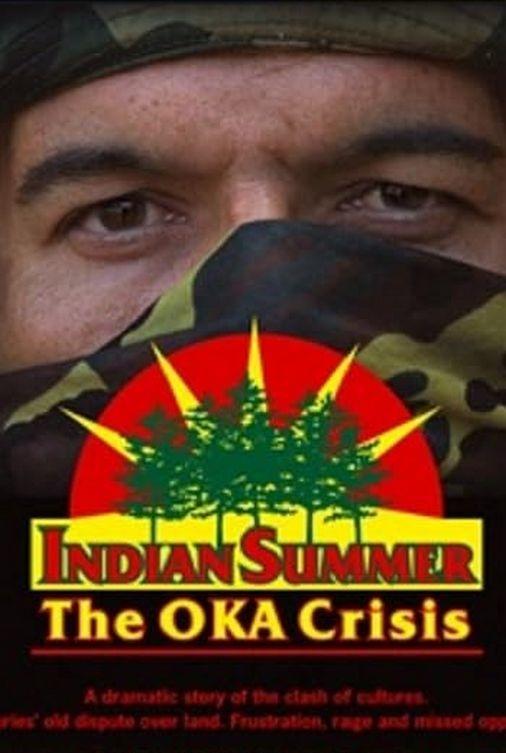
Fictionalized portrayal of the conflict and standoff in Kanehsatake during the summer of 1990. This major conflict between a Mohawk community and municipal, Quebec and Canadian governments was over the expansion of a golf course into an aboriginal cemetery. Based on the book by John Ciaccia (Quebec Liberal cabinet minister and negotiator) : The Oka Crisis, A Mirror of the Soul
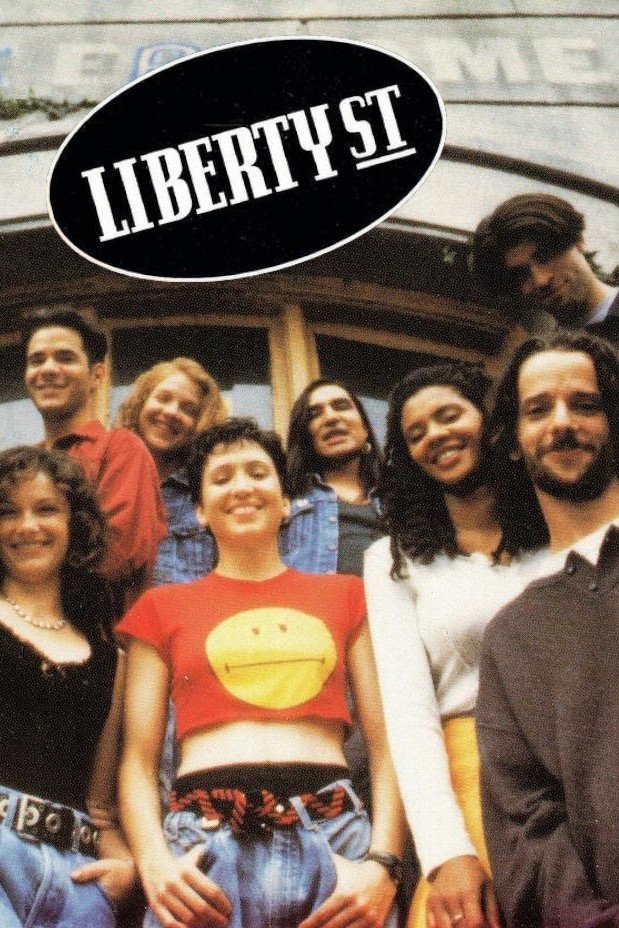
Liberty Street was a Canadian drama television series, which aired on CBC Television in 1995. Produced by Kit Hood and Linda Schuyler, the team behind the long-running Degrassi series of television shows, Liberty Street was an attempt to create a similar series depicting the lives of a group of young adults living on their own for the first time. The pilot film, X-Rated, aired in 1994 and was developed into an 11-episode series. The cast included Henriette Ivanans, Joel Bissonnette, Billy Merasty, Kimberly Huie and Pat Mastroianni. Parts of the show were shot in and around the Liberty Village area of Toronto.
Billy Merasty is an actor, playwright, Cree translator, and language keeper. He was born to Viola and Pierre Merasty in 1960 in Brochet, Manitoba. His grandfather was Joe Highway, a famous caribou hunter and champion dogsled racer. He moved to Toronto at age eighteen in search for his uncle René Highway, who was at the time working for the Toronto Dance Theatre. At age twenty-three Billy launched his acting career after graduating from the Native Theatre School for aspiring Indigenous artists. He then went on to work for the renowned Indigenous performing arts company Native Earth Performing Arts. Billy has worked as a film, television, and stage actor for decades and notably played the first Indigenous gay character on television on the CBC series, Liberty Street, in the role of Nathan. Billy received the Order of Manitoba (Order of the Buffalo Hunt) in recognition for his many years as an Indigenous role model in 2010.
By browsing this website, you accept our cookies policy.